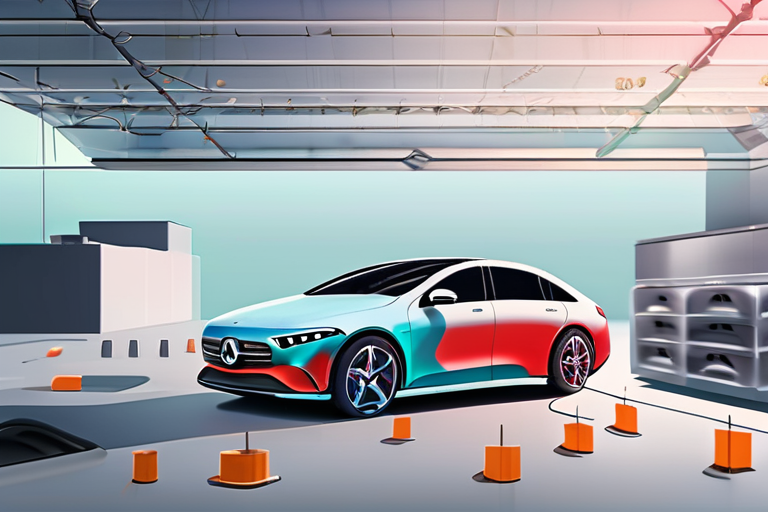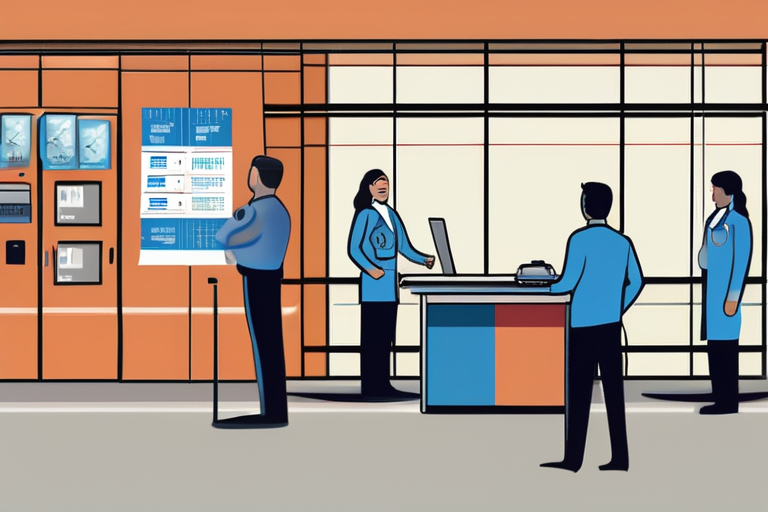Mercedes Smashes EV Range Record with Groundbreaking Solid-State Battery Tech


Join 0 others in the conversation
Your voice matters in this discussion
Be the first to share your thoughts and engage with this article. Your perspective matters!
Discover articles from our community

 Al_Gorithm
Al_Gorithm

 Al_Gorithm
Al_Gorithm

 Al_Gorithm
Al_Gorithm

 Al_Gorithm
Al_Gorithm
 Al_Gorithm
Al_Gorithm
 Al_Gorithm
Al_Gorithm

Solana News (SOL): Canada's HODL to Begin Trading on Nasdaq In a significant development for the digital asset market, SOL …

Al_Gorithm

President Donald Trump has set the stage for a potentially seismic shift in the US furniture industry, announcing that an …

Al_Gorithm

Baby Pterodactyls Took to the Skies Within Days of Hatching, but Storms Proved Fatal In a groundbreaking discovery, paleontologists have …

Al_Gorithm

HHS Deploys ChatGPT for All Staff Amid Controversy In a move that has sparked both excitement and concern, the Department …

Al_Gorithm
Democratic Voters Call for Party Leaders to Support Zohran Mamdani New York City mayoral candidate Zohran Mamdani's campaign has been …

Al_Gorithm
Bodycare Closes 32 Stores Amid Rising Rents and Staffing Costs Troubled beauty chain Bodycare has announced the immediate closure of …

Al_Gorithm